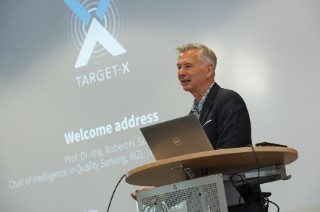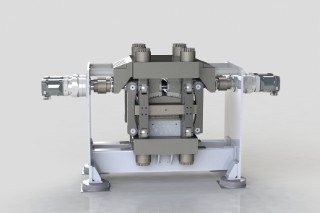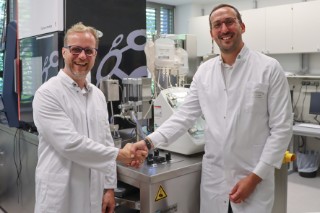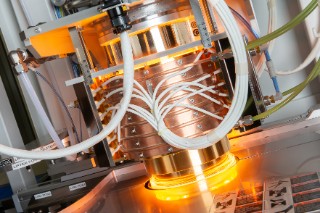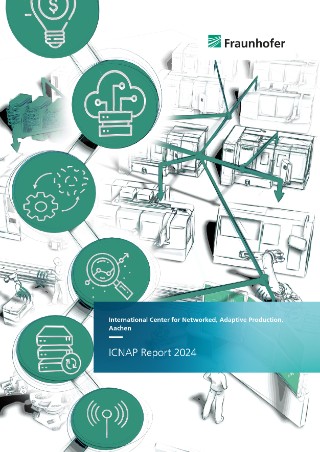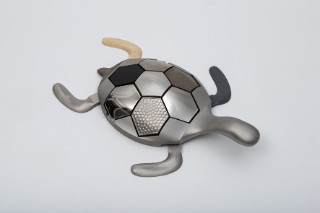Here you can find our press releases and high-resolution pictures for your editorial reporting. Reports about Fraunhofer IPT are strongly desired.
The future of industry has begun: The European research project "TARGET-X" stands for progress in the development and implementation of 5G technologies in industry. With a total funding of over 13 million euros, the EU supported this project, led by the Fraunhofer Institute for Production Technology IPT in Aachen. Goal of the project was to apply 5G mobile technology in the automotive, construction, energy, and manufacturing sectors. The 15 research partners also gained valuable insights for the future development of 6G technologies.
more info